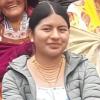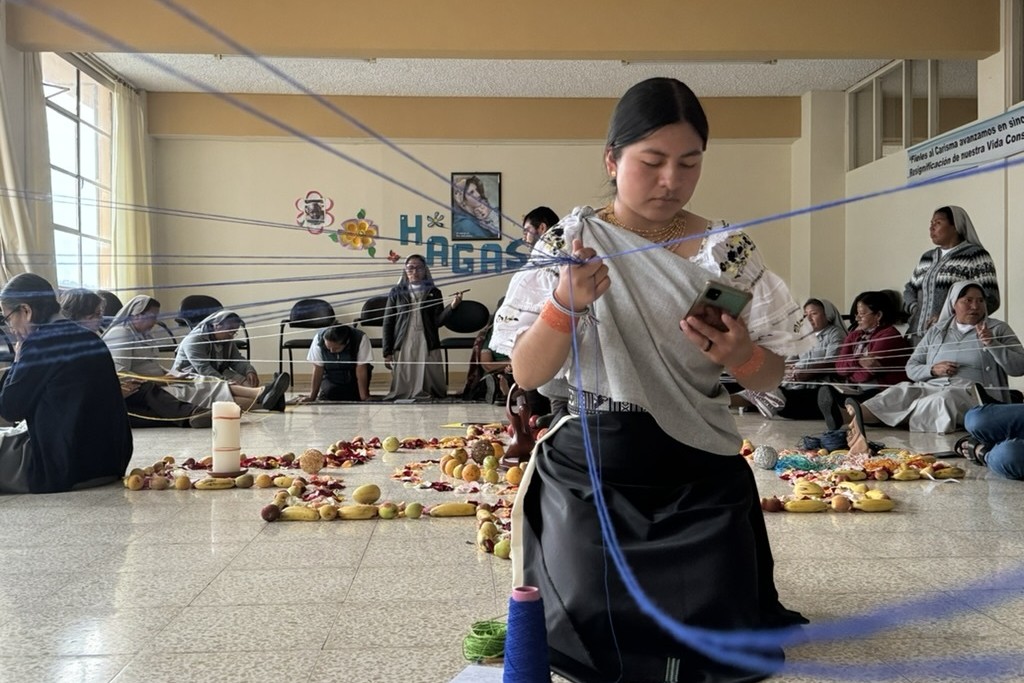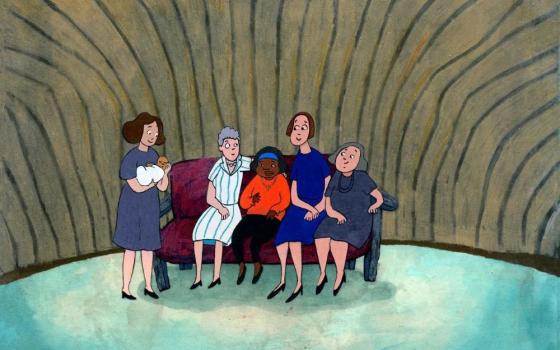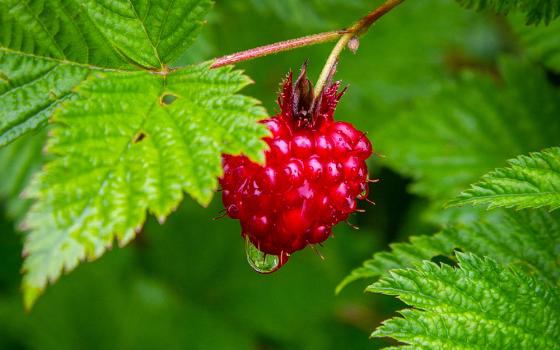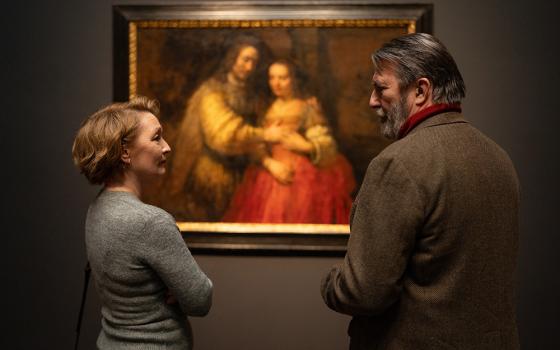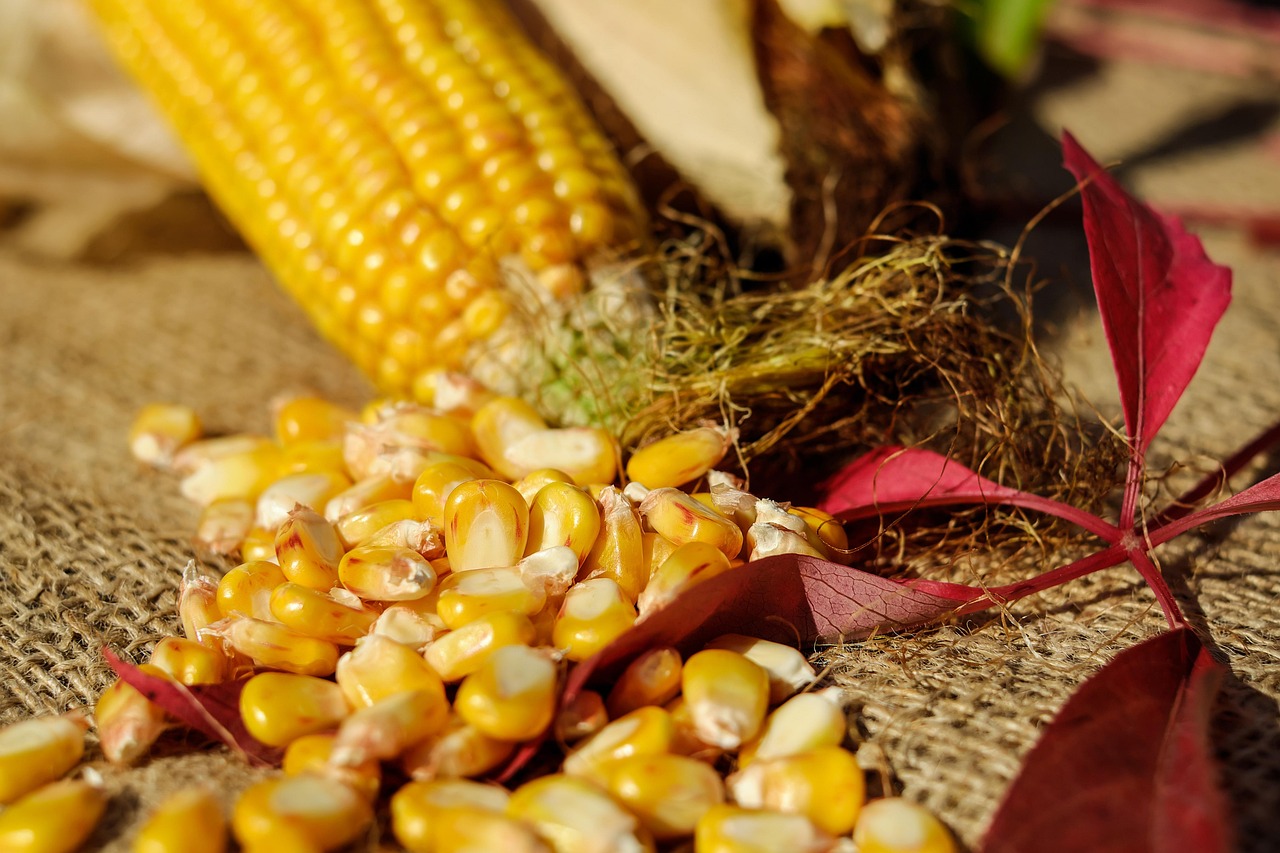
Corn kernels detached from freshly harvested cob (Pixabay/Couler)
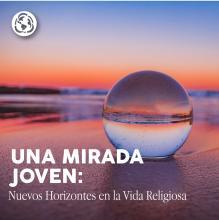
What can I share?
I would like to begin by thanking God for the call he has given me to Indigenous consecrated life and to say that a vocation is a mystery of love, especially when it is lived out in a mission rooted here, in the Ayllu Guadalupepac Misioneracuna Congregation.
When I entered the community, I awakened to the profound and meaningful value of being runa (Indigenous from the Andes) — in values, principles, traditions, customs and in life itself. For me, it was a rebirth, and it continues to be so in every stage of my formation.
Having Indigenous roots and not having lived a life connected to them is painful. I say with sorrow that I cannot speak my mother tongue, which is Kichwa; I know nothing about livestock or agriculture, I rarely wear my traditional clothing, and I don't know how to relate to creation. Like many Indigenous youth, I grew up believing that moving away from our roots was the way to a "dignified life," trapped in a system that demands we adapt, but seldom welcomes us.
Yet God, who walks with us through history, always gives us opportunities to return, to reconcile with who we are.
From this reality — and recognizing the balanced and harmonious way that our ancestral peoples live with the cosmos, as God calls us to live in relation to creation — I want to share an experience that personally inspires me to keep deepening my identity through everyday life. That’s where the title of this reflection comes from.
'May more young people be able to plant themselves again — in their land, in their faith, in their ancestral identity."
One evening during vespers, while we were all gathered in the chapel, the sister leading the prayer invited us to go outside and find an ear of corn that had been harvested that year, as a way of giving thanks to God. When I returned, I saw the ears of corn my sisters had brought — large, full and bright yellow. Mine, on the other hand, was the smallest one, and some of its kernels were already rotting. Still, I said: "Why not thank God for smallness too?" Each of us offered our prayer and reflection, then placed our ear of corn in front of the altar, as an offering.
The next day, I went to the chapel, took my small ear of corn, and removed four kernels — two good and two damaged. I planted them near the tabernacle, in a small space where we keep plants. I placed two kernels on one side and two on the other, wanting to experiment with two things: how long it would take them to sprout, and whether even the rotten kernel might grow. It was my first time planting something on my own initiative.
A week later, the seeds sprouted. How beautiful it was to see life emerge from something I had planted! I stood there for several minutes, just taking in the wonder of life. I saw that the rotten kernels had also grown — the damage had only been on the outside, not within it. That experience moved me deeply. It helped me to reflect on the equality of all of us in the eyes of God and taught me that if we allow ourselves to be "planted," we, too, will sprout and bear fruit. We cannot get stuck in the indignation of knowing we are sinners — that’s just a shell. If we accept our fragility and allow the Creator to shape us, we can give life — life in abundance.
Two days later, I left on mission with another sister. It was joyful — mission work fills me with life. When we returned to the convent two weeks later, I was thinking of nothing but going to the chapel and thanking the Lord for the mission. I opened the door and saw that someone had placed a heap of grass on top of the place where my corn was beginning to sprout. I thought: "The sisters probably didn't notice." I went over, gently put the grass aside, and then experienced a moment I never imagined could come from me.
Yes, I talked to the plant.
I apologized for not being attentive, and not being able to care for her. She was bent over, weighed down by the grass. I asked her to be strong, to keep growing, and to stay the course. I thanked her for being alive, and finally, I whispered to her: "You’re wapa" "you’re beautiful.")
Maybe the plant didn't need my words — but it did need my presence. This was simple, but it helped me understand that my wounded Indigenous identity, like the plant, did not need perfection. It needed recognition. It needed me to approach without fear, with humility, to embrace who I am.
In that moment, I remembered the wisdom of the elders in our villages, who teach us to live in harmony with the cosmos. That plant and I were beginning to heal together.
At one point, I wondered if my words might sound exaggerated when I speak from such personal place — but it is my truth. And it is not only mine. It is the reality of many Indigenous young people who, in trying to be part of a global system we’ve been told is the best way forward, end up feeling cut off from their roots, their history, their people, their land.
But if we desire and seek to rise again, God meets us on the journey. God teaches us through life itself. God shapes us — as long as we are willing to grow.
I am still learning to speak to the plants ... and also to speak to myself in my ancestral language. May more young people be able to plant themselves again — in their land, in their faith, in their ancestral identity.
